Review of Major Barbara
Introduction
Made three years after Pygmalion in the same production deal with Gabriel Pascal, Major Barbara is also adapted from a George Bernard Shaw play. However, unlike Pygmalion it is not the easiest watch. Based on Shaw`s 1905 play with a screenplay collaborated on by Shaw (who received sole author billing), Gabriel Pascal, Anatole deGrunwald and Marjorie Deans, the movie is not only a satire on salvation, but something of a propaganda piece about the social paradise awaiting soldiers fighting at the front.
Made in 1941, the film manages to overlook the entire unfortunate business going on in Europe and threatening to engulf Britain, even though a major element of the story is the (fictional) industrial dynasty behind a key munitions manufacturer.
Wendy Hiller, in only her fourth film role, plays Major Barbara Undershaft, a committed Salvationist who captures the heart in the first ten minutes of the film of professor of Greek Adolphus Cusins (Rex Harrison). You expect her to send him on his way with a flea in his ear when he confesses he isn`t a convert he`s simply smitten with her, but instead she takes him to meet mother and he takes up the big drum in the Sally Army band. For her part, she isn`t the penniless idealist he initially thinks she is, she turns out to be the daughter of millionaire industrialist Andrew Undershaft.
The Undershafts are estranged from the patriarch of the family, and Barbara has rejected the family fortune as tainted. For the first half of the picture, we are mainly concerned with her activities with the Salvation Army. We are introduced to a number of characters who frequent the mission, including beggar and cynic Snobby Price (Emlyn Williams), old dear Mrs Mitchens (Marie Ault) and redundant fitter Peter Shirley (Donald Calthrop).
Deborah Kerr makes quite an impression in her first credited screen role as the meek and mild volunteer Jenny Hill. It is quite shocking in such a (so far) light piece of fare when she is slapped around by tough guy bully Billy Walker (a pre-Long-John-Silver Robert Newton). Walker is looking for his girlfriend who he beat up and who came to the mission for help. She has joined the Salvationists and linked up with a reformed ex-prizefighter called Todger(!) Fairmile (played by 7th Voyage of Sinbad and Crimson Pirate villain Torin Thatcher). In some of the most magnificent psychological warfare, Barbara royally screws with Walker`s brain and he goes off to pick a fight with Todger Fairmile to get his jaw broken. When Walker confronts Fairmile, the latter will not under any circumstances fight him but wrestles him to the floor to get him to pray with them.
The latter part of the picture reintroduces the twenty-year-absent Undershaft patriarch Andrew (Robert Morley in his fourth role aged 33 in grey wig and beard). The elder Undershaft is a magnificent character, described by Shaw as "St. Andrew" - dotty, Machiavellian, he is concerned that now he is getting on he needs to think about the next generation of the Undershaft dynasty. Eldest son Stephen is not remotely interested in the munitions industry; youngest daughter Sarah is engaged to an ineffectual idiot (played by David Tree who played another ineffectual idiot Freddy in Pygmalion) and of course Barbara is resolutely opposed to her father`s evil trade.
After Adolphus breaks the ice at the rather awkward reintroduction of Undershaft to his family, Barbara and her father get on well. She suggests he looks around the mission and he suggests she looks around the factory. His visit to the mission has serious repercussions as he makes a sizeable donation to the Salvationists, gratefully received by the General (Sybil Thorndyke). Barbara thinks the gift is blood money and is so appalled by her superiors` acceptance that she hangs up her bonnet and resigns, verging on suicide.
The return engagement sees the Undershaft family drive out to the vast industrial conurbation that is the Undershaft and Lazarus factory. They visit the huge steel mills turning out not only armaments but steel rail and girders for reconstruction. Beyond the factory proper are suburbs where the workers live (a utopian vision similar to the social engineering experiments of Cadbury and Lever). The workers have no need to leave the company as they would find it difficult to improve on their lot. Barbara realises that it is not her father that drives the company but the company that drives him, and that his workers aren`t slaves working for a pittance.
At just shy of two hours, the movie is very wordy, but quite compelling. If you`re used to fast-moving action and dialogue, you might find your bum going numb, but persevere. The movie is worth watching for the performance of Robert Morley alone, and if you keep your eyes peeled there are a couple of actors we`re used to seeing much older in movies when they were comparatively young.
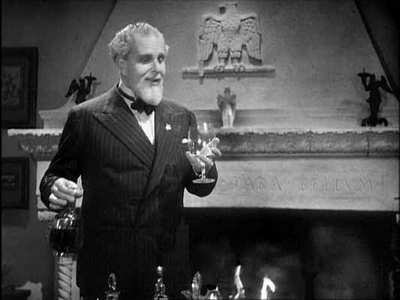
Video
Presented in its original 4:3, the print quality is very satisfactory for a British movie of this vintage (possibly it hasn`t been out on release that often). It is mastered from a regular print with some damage and end-of-reel markings. Video compression artefacts are present, but not intrusive, ditto some film artefacts.
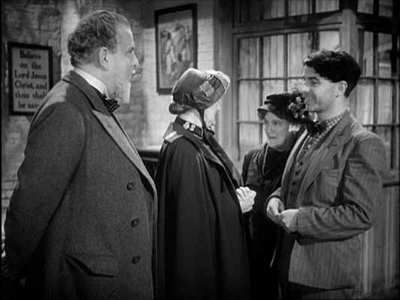
Audio
A Dolby 2.0 reproduction of the original mono soundtrack.
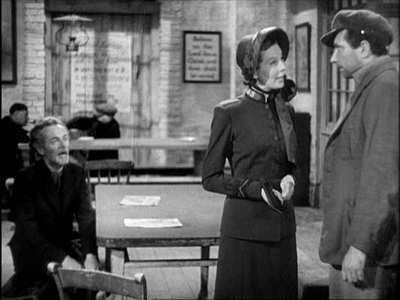
Features
None
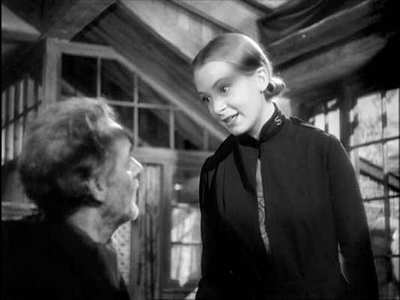
Conclusion
George Bernard Shaw was inspired by the life of John Cadbury, the quaker who founded the chocolate business. Quite how this equates into an arms manufacturer only just behind Krups and Vickers according to the dialogue, I`m not sure. In other hands this might have been a thirties-style screwball comedy, with a dynamic, firebrand Sally Army major turning the life of a fusty academic upside down and introducing him to her oddball family. This, however, is George Bernard Shaw`s story and is a leisurely-paced piece of social satire mischief full of insightful observations.
On its original release, the movie had a prologue with Shaw himself addressing the camera. The prologue, possibly long lost, is missing from this release and instead there is a handwritten crawl - handwritten by Shaw himself presumably - and signed by the great man himself. As a writer I find it satisfying that he has possibly nastier handwriting than me.
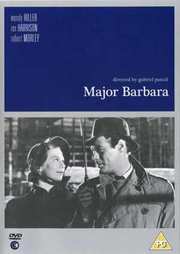
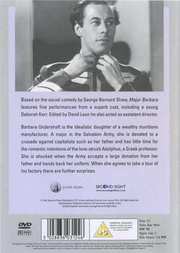




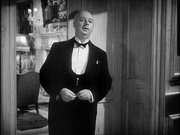
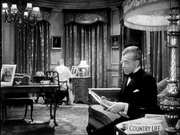
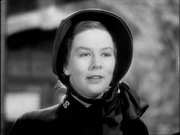
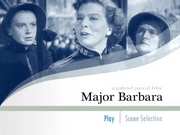
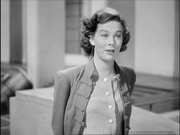
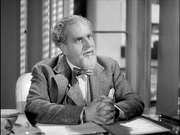
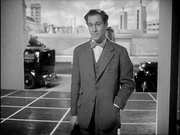

































Your Opinions and Comments
Be the first to post a comment!